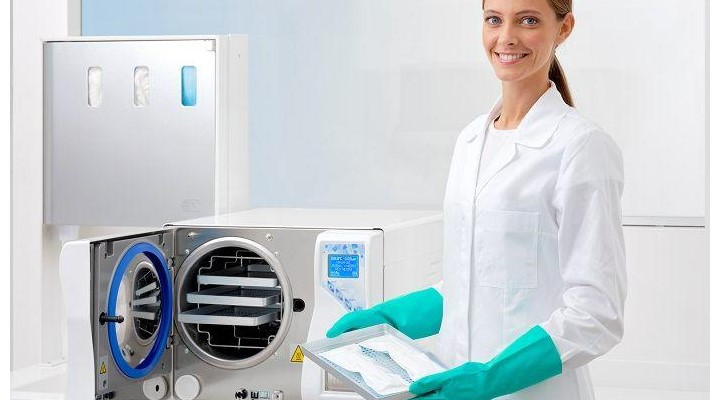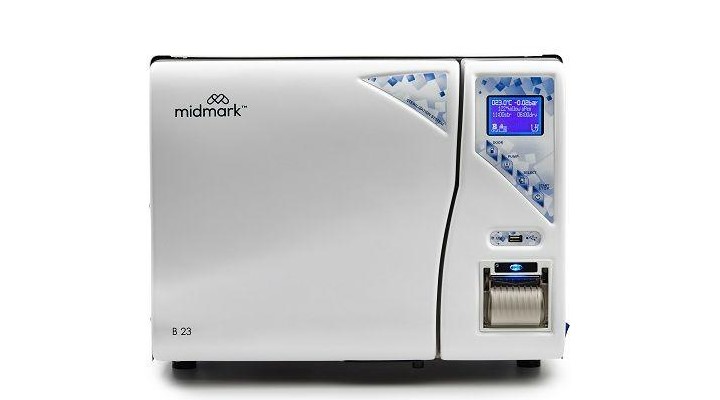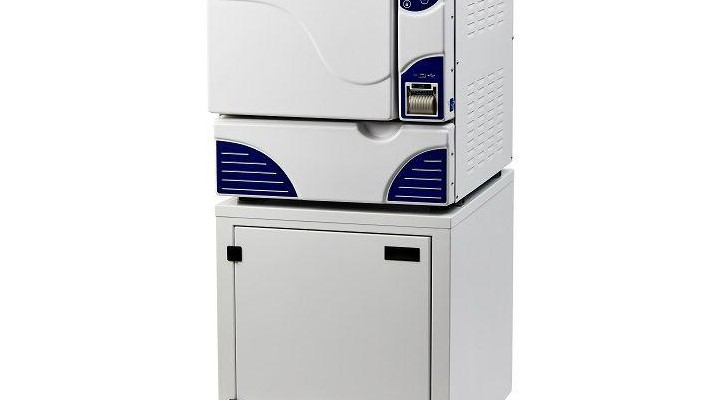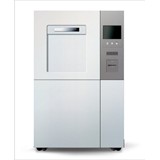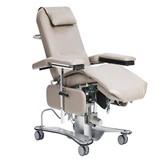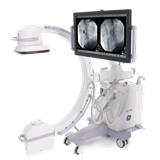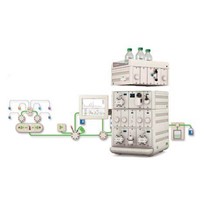In healthcare environments, the steriliser is undoubtedly one of the most important pieces of equipment. Sterilisers are, after all, the principal part of the sterilisation cycle that sterilises reusable instruments for safety. Without them, apparatuses like biopsy forceps, dental probes, or scalpels would be contaminated with bacteria and become unsafe for use.
Unfortunately, care and maintenance for these invaluable products can be easily neglected. Frequent neglect of steriliser maintenance is often the cause of incessant and expensive repairs. To avoid the trap of “neglect-and-costly-repairs” we came up with some helpful maintenance practices any establishment can apply to their sterilisers in a daily, weekly, and monthly manner.
Maintenance Practice
Step 1) Make sure that the equipment scheduled for sterilisation is clean of debris or build up of any such thing as organic tissue and blood to avoid damaging the steriliser. Soaking and cleaning with an ultrasonic bath or washer is the norm.
Step 2) Check the door gasket and look for signs of excessive cracking or wear. Clean the gasket and mating surface using a sponge or cloth dipped in a mild detergent solution at the end of the day.
Step 3) Don’t overload the steriliser trays whenever you’re running a sterilisation cycle. Not only will it cause inadequate sterilisation and drying, you might also damage the steriliser, which is one of the various equipment that health care professionals need for their clinics.
Step 4) Use the correct cycle for your instruments. This will save time, money and improve efficiency
Maintenance can make a huge difference to equipment, especially sterilisers. It lengthens the machine’s life and helps in avoiding any unnecessary breakdowns. As a result, a working steriliser enables the users to take better care of their patients.
For more tips and assistance, contact the ICONA team.


